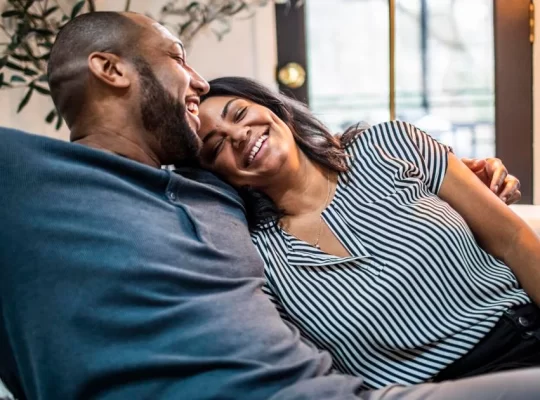Introduction
Love is one of the most powerful and complex emotions we experience, yet it’s also one of the most misunderstood. For centuries, love has been romanticized in poems, movies, and fairy tales—but real love goes far beyond candlelit dinners and butterflies in your stomach. In today’s world, where connection can be instant yet shallow, redefining what love truly means is more important than ever.
Love in the Digital Age
Modern love lives in our pockets. From dating apps to heart emojis, technology has changed how we express and pursue connection. While this digital shift has made it easier to meet new people, it has also introduced challenges: ghosting, superficial attraction, and the illusion of endless options.
Yet, technology isn’t the enemy of love—it’s just a tool. What matters is how we use it. Healthy digital dating means being intentional, honest, and mindful of our emotional energy. Whether you’re swiping for a soulmate or texting your long-term partner, real love still comes down to presence, empathy, and effort.
The Many Forms of Love
Love is not limited to romantic relationships. It exists in friendships, family bonds, acts of kindness, and even in the way we care for ourselves. Understanding the different types of love—like romantic (eros), platonic (philia), self-love (philautia), and unconditional love (agape)—can help us build deeper, more fulfilling connections.
Romantic love may get the spotlight, but it’s the everyday love—the call from a friend, the hug from a parent, the forgiveness we offer—that often matters most.
Emotional Intimacy Over Perfection
Many people chase the “perfect” relationship, but lasting love isn’t about finding someone flawless—it’s about building emotional intimacy. That means:
- Being vulnerable and open
- Communicating honestly and often
- Supporting each other through both joy and struggle
- Respecting boundaries and personal growth
Love flourishes when we feel seen, heard, and safe. It’s not always smooth, but it is always worth the effort.
Love and Self-Worth
Before we can love others fully, we must first develop a healthy relationship with ourselves. Self-love isn’t selfish—it’s essential. It sets the tone for every other relationship we have. When we know our worth, we choose partners who respect us, friends who support us, and environments that nurture us.
Self-love looks like:
- Setting healthy boundaries
- Speaking kindly to yourself
- Letting go of toxic relationships
- Investing time in your growth and joy
True love grows from self-awareness and emotional balance.
Conclusion
Love is not a destination—it’s a daily choice. It’s showing up when it’s hard, listening when it’s uncomfortable, and growing even when it feels risky. In a world full of distractions, choosing love—real, honest, patient love—is a revolutionary act.
So whether you’re in a relationship, single, healing, or exploring, remember: love begins within, expands outward, and connects us all.






